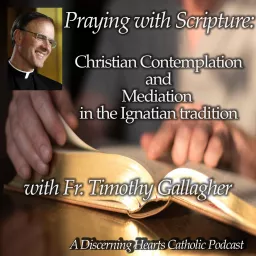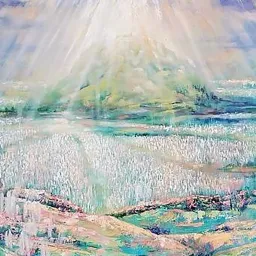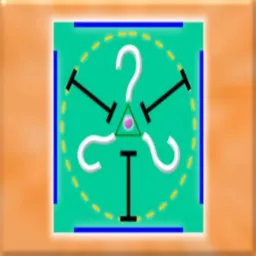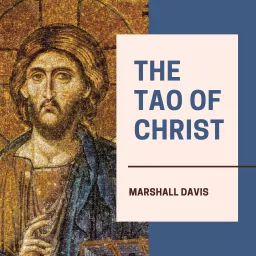Katho Upanishad
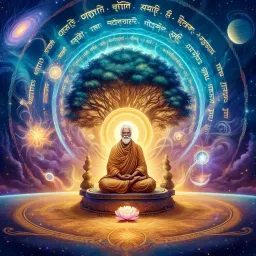
Main Themes:
• The Quest for True Knowledge: The Katha Upanishad follows the story of Naciketa, a young boy who seeks knowledge about life, death, and the nature of the Self. Dissatisfied with materialistic offerings, he ventures into the realm of Yama, the god of death, to gain profound spiritual understanding.
• Transcending Materiality: The text emphasizes the ephemeral nature of material pleasures and possessions. Naciketa rejects Yama's temptations of wealth, long life, and worldly delights, highlighting the limitations of a life solely focused on the temporal.
• The Importance of Faith and Right Action: Naciketa's journey is fueled by his unwavering faith in the scriptures and his commitment to righteous conduct. His dedication to truth and his willingness to sacrifice himself for his father's well-being illustrate the significance of ethical behaviour in the pursuit of spiritual liberation.
• The Nature of the Self and Brahman: The Upanishad delves into the fundamental question of the Self (Atman) and its relationship with the ultimate reality, Brahman. Naciketa's third boon, the knowledge of the Self, forms the core of the Upanishad's teachings, leading to the realization of the unity between the individual soul and the divine.
• The Path to Liberation: Through Naciketa's dialogue with Yama, the Upanishad outlines a path to liberation from the cycle of birth and death. It involves a combination of knowledge (jnana), meditation, and right action (karma) culminating in the realization of the eternal and blissful nature of the Self.
Most Important Ideas and Facts:
• The Naciketa Fire: A symbolic sacrificial fire representing the process of self-purification and spiritual awakening. It involves understanding and transcending the three factors: the material world, desires, and actions.
• Quote: "One who, getting connection with The three, piles up the Naciketā fire thrice, and undertakes three kinds of work, crosses over death." (I. i. 17)
• The Impermanence of Materiality: Worldly possessions and pleasures are fleeting and cannot provide lasting satisfaction.
• Quote: "O Death, ephemeral are these, and they waste away the vigour of all the organs that a man has. All life, without exception, is short indeed. Let the vehicles be yours alone; let the dances and songs be yours." (I. i. 26)
• The Subtlety of the Self: Understanding the nature of the Self is a challenging task, even for the gods.
• Quote: "With regard to this, even the gods entertained doubts in days of yore; for being subtle, this substance (the Self) is not truly comprehended." (I. i. 21)
• The Value of a Knowledgeable Teacher: A true teacher is essential for navigating the path to Self-realization. Yama, the god of death, serves as a guide and instructor for Naciketa.
• The Eternal Nature of the Self: The Upanishad asserts that the Self is beyond birth and death, imperishable and eternally blissful. Realizing this truth is the key to liberation.
Significance:
The Katha Upanishad is a profound philosophical text that offers insights into the nature of existence, the purpose of life, and the path to spiritual liberation. Its teachings have inspired generations of seekers and continue to be relevant in contemporary times, prompting us to look beyond the transient and embrace the eternal truth of our being.


